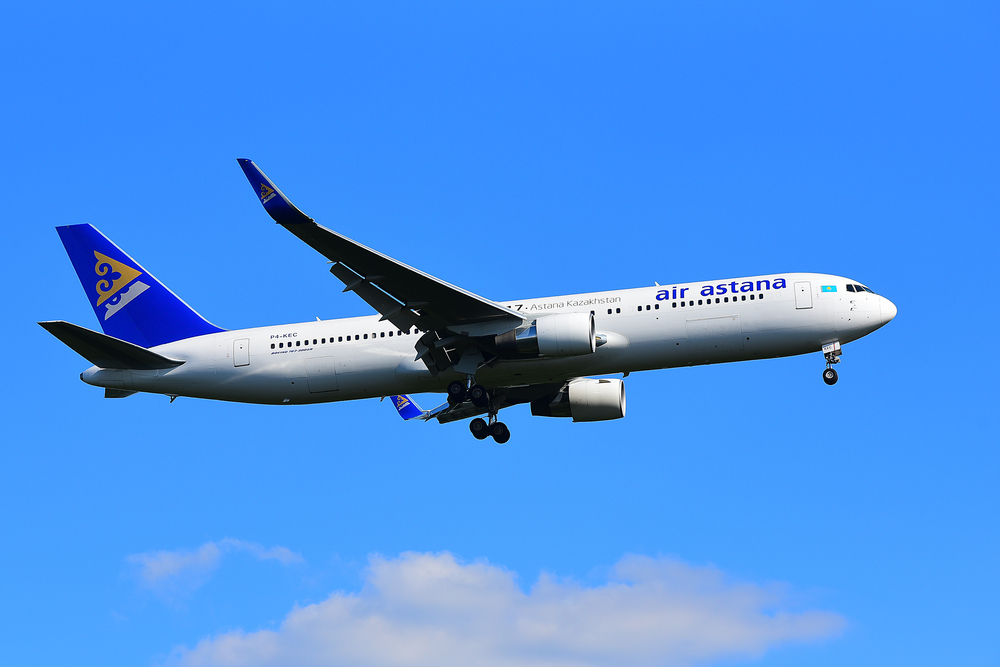Singapore has unveiled a new joint business and tourism brand, “Passion Made Possible”, as a means of marketing the country internationally.
Jointly created by the Singapore Tourism Board (STB) and Singapore Economic Development Board (EDB), and launched by Singapore’s Minister of Trade & Industry, S Iswaran, the aim of the new campaign, according to the organisations, is to highlight “Singapore’s unique attitude and mind-set: a passionate, never-settling spirit of determination and enterprise that constantly pursues possibilities and reinvention”.
In the development of the unified brand, STB and EDB undertook research among local residents, industry stakeholders, and international visitors in Singapore and 10 other countries. Themes that were found to reflect the Singaporean spirit were ‘passion’ and ‘possibilities’. Therefore, the Passion Made Possible brand is expected to positively reflect Singapore as a destination to visit and in which to invest.
“If you think about it, Singapore is built on passions that have become realities – from our determined forefathers through to today,” said John Conceicao, STB’s executive director of international relations, market planning & Oceania.

Passion Made Possible will be different from previous STB brands, including YourSingapore, as it will encompass both tourism and business. In addition to the STB and EDB, it will be adopted by other Singaporean boards and agencies under the Ministry of Trade & Industry and incorporated into their marketing campaigns and tradeshows.
Following its debut, Passion Made Possible will be unveiled in various cities worldwide through consumer launches, trade events, industry partnerships and global marketing campaigns. This started in Tokyo on 25 August 2017 the roll-out will continue across Asia Pacific and long-haul markets such as Europe and the US from September 2017.



 share
share










































